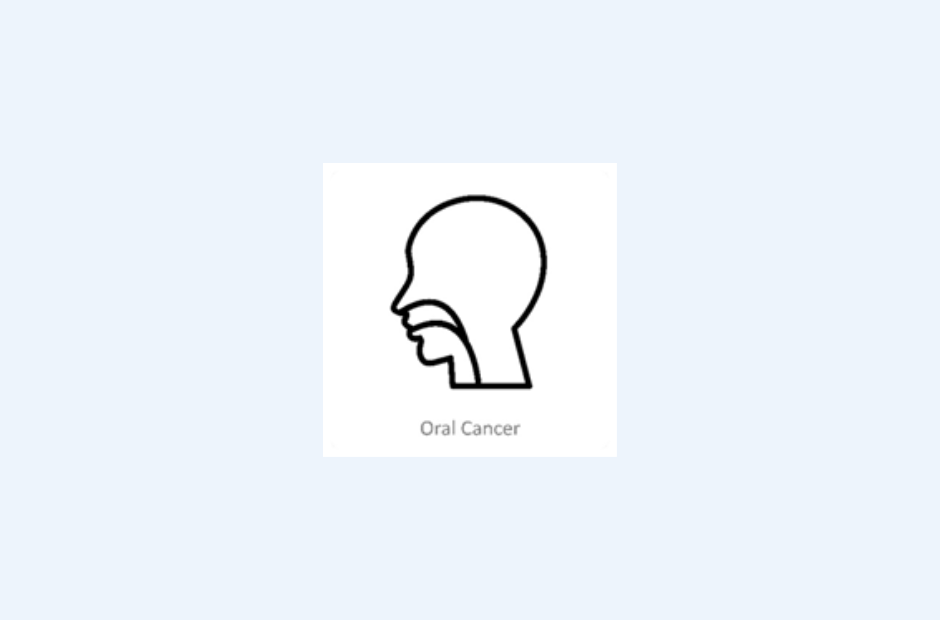
Mouth cancer can affect the lips, tongue, cheeks, and throat and can affect nearly anyone, whether they have their own teeth or not. In the last year over 10,000 people have been diagnosed with disease in the UK.
Awareness on the major risk factors of mouth cancer is as low as 8% and that is why this month the team at College Dental Surgeries are looking at the factors that put you at greater risk of developing mouth cancer.
Risk Factors
Currently, 75% of mouth cancer diagnoses are linked to lifestyle factors, therefore it is possible to reduce the risks of developing mouth cancer by amending some of our lifestyle choices.
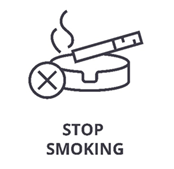 Tobacco
Tobacco
Many mouth cancer cases continue to be caused by smoking and tobacco use. Smoking accounts for two in three of all mouth cancer cases. The chemicals in the cigarette all enter the body through the mouth, where they transform the saliva which then damages the cells in the mouth and over-time can turn them cancerous. Research has shown that by quitting you can reduce your risk of mouth cancer by a third.
Alcohol
Drinking over your recommended alcohol units on a regular basis is another major risk factor linked with the development of mouth cancer, associated with around 30% off all cases. UK guidelines recommend a maximum of 14 units of alcohol a week for both men and women.
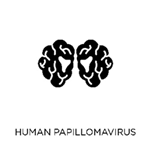 Human Papilloma Virus (HPV)
Human Papilloma Virus (HPV)
HPV is spread through unprotected sex, so a good way to protect yourself against it is to use barrier contraception. If you have a child aged 12-13 they will be offered a HPV vaccine. This vaccine is another effective way to prevent HPV.
Smokeless Tobacco Products
One of the most dangerous and popular ingredients used in smokeless tobacco is the areca (or betel) nut. This is used in ‘betel quid’ which is made up of betel leaf, areca nut and slaked lime. Research shows that people who regularly chew areca nut have a bigger risk of cancers of the mouth, pharynx (throat), oesophagus (gullet), stomach and pancreas.
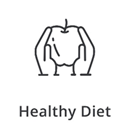 Diet
Diet
It is important to have a diet rich in vit-amins and minerals, this will not only help to reduce the risk of developing mouth cancer, it will also help to keep your body fit and healthy. Mouth cancer risk is lowest in people with diets high in fruit, vegetables, Vitamin C supplements, calcium supplements, coffee, and green tea. Increasing evidence also suggests that Omega 3, found in foods such as eggs and fish, can help lower your risk.
UV Radiation
Too much ultraviolet (UV) radiation is a known cause of skin cancer. This can occur either from natural sunlight or sunbeds. Skin cancer can develop on the lips – as this area is often exposed to UV radiation. Protect yourself by wearing a lip balm with a high SPF.
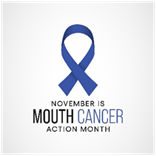 Signs and Symptoms
Signs and Symptoms
There are three main symptoms that should not be ignored:
- Ulcers which do not heal in three weeks
- Red or white patches in the mouth
- Unusual lumps of swellings in the mouth, head, or neck area
It is important if you notice any of these that you get them checked out by your dentist as soon as possible. Call College Dental Surgeries on 01622 752340 and book an appointment today. If in doubt get it checked out!
